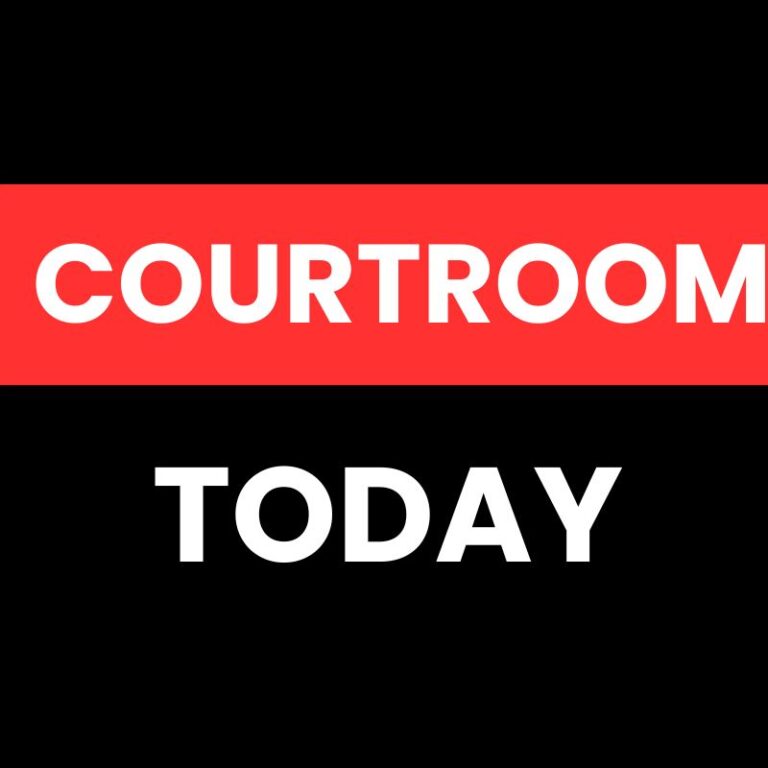Mekedatu Project

On June 1, 2023, the Tamil Nadu government filed a contempt petition against the Karnataka government in the Supreme Court. The petition accuses Karnataka of disregarding the court’s 2018 order, which required consent from Tamil Nadu and other co-basin states before proceeding with the Mekedatu project on the Cauvery River.
The petition also seeks a halt to the approval the Central Water Commission granted to Karnataka to prepare a detailed project report (DPR).
What is Mekedatu Project?
The Mekedatu project proposes a multipurpose balancing reservoir on the Cauvery River, located in Karnataka’s Ramanagara district, approximately 100 km south of Bengaluru. Its objectives include storing and supplying water for drinking purposes to Bengaluru and its neighbouring areas and generating 400 megawatts (MW) of power.
The project was initially approved by the Karnataka state government in 2017, received DPR preparation approval from the Central Water Commission in 2018, and is currently awaiting approval from the Ministry of Environment, Forest and Climate Change (MoEFCC). Tamil Nadu opposes the project, claiming it would negatively impact its allocated share of water from the Cauvery River, as determined by the final award of the Cauvery Water Disputes Tribunal (CWDT) and the Supreme Court.
Background
The Cauvery River originates in Karnataka’s Kodagu district and flows through Tamil Nadu, Kerala, and Puducherry before reaching the Bay of Bengal. The river basin covers an area of 81,155 square kilometers, with 34,273 square kilometers falling within Karnataka and 43,868 square kilometers within Tamil Nadu.
Disputes between Karnataka and Tamil Nadu over the river’s water have persisted for over a century, primarily due to differing interpretations of agreements signed in 1892 and 1924 between the former Madras Presidency and Mysore State. In 1990, the central government established the CWDT to resolve the dispute. The CWDT issued its final award in 2007, allocating 419 thousand million cubic feet (tmcft) of water to Tamil Nadu, 270 tmcft to Karnataka, 30 tmcft to Kerala, and 7 tmcft to Puducherry.
In 2018, the Supreme Court modified the CWDT award, reducing Tamil Nadu’s share by 14.75 tmcft and increasing Karnataka’s share by the same amount to fulfil its drinking water needs. The court also instructed the central government to establish the Cauvery Water Management Authority (CWMA) and the Cauvery Water Regulation Committee (CWRC) to implement and monitor the water-sharing arrangement.
Issues
The primary issue revolves around whether Karnataka can proceed with the Mekedatu project without obtaining prior consent from Tamil Nadu and other co-basin states, as mandated by the Supreme Court’s 2018 order. Karnataka argues that it has not violated any orders or awards since it is solely preparing a DPR and not implementing the project.
It also asserts that it has not requested any additional water allocation for the project and that Tamil Nadu’s water share will remain unaffected. Karnataka further contends that it has the right to utilize surplus water after releasing Tamil Nadu’s share at Biligundlu, an agreed-upon point for measuring water flows between the two states. In response, Tamil Nadu claims that Karnataka violated the court’s order by seeking approval from the Central Water Commission for DPR preparation without consulting them.
Tamil Nadu also alleges that Karnataka concealed important facts and data regarding its water usage and storage capacity. Additionally, Tamil Nadu argues that it faces acute water scarcity and drought conditions, leaving no surplus water available. There are concerns that Karnataka could manipulate water flows and deny Tamil Nadu its rightful share by utilizing the Mekedatu reservoir.
Conclusion
The Mekedatu project remains a contentious issue between Karnataka and Tamil Nadu, representing their longstanding dispute over sharing Cauvery water. This project has significant implications for both states, including water security, agricultural productivity, power generation, and ecological balance. Resolving the project’s legal, technical, environmental, and political aspects requires open dialogue and cooperation among all stakeholders involved.
Calling all law aspirants!
Are you exhausted from constantly searching for study materials and question banks? Worry not!
With over 15,000 students already engaged, you definitely don't want to be left out.
Become a member of the most vibrant law aspirants community out there!
It’s FREE! Hurry!
Join our WhatsApp Groups (Click Here) and Telegram Channel (Click Here) today, and receive instant notifications.






